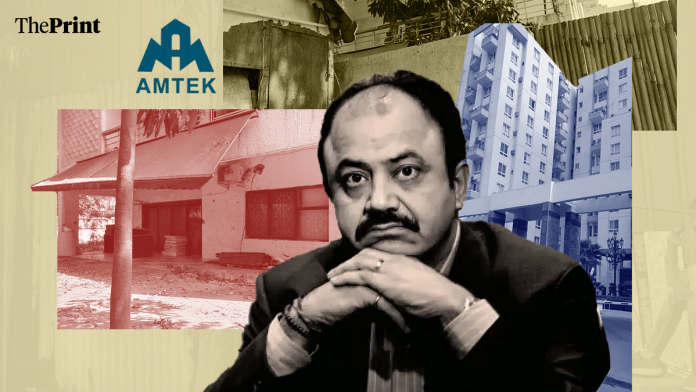New Delhi: By June 2006, businessman Arvind Dham’s firm, Amtek Auto, was on a short list of Indian manufacturers of automobile parts. Its revenue reportedly shot up to USD 635 million, bringing the firm within spitting distance of the market leader, Bharat Forge.
Amtek Auto made rapid strides in the years preceding 2006, becoming a supplier for global giants General Motors, Ford, and Suzuki, among others. The firm continued to grow in line with the increasing demand for automobiles and subsequent expansion in the components industry.
Less than a decade later, this success story came crashing down—in the final quarter of FY 2015-16, Amtek Auto reported a loss of Rs 529 crore.
Earlier, Arvind Dham, roused by gains in Amtek Auto’s export business and anticipating a boom in the domestic market, had gone on an aggressive expansion drive. The boom never came, and Amtek Auto found itself staring down a consolidated debt of nearly Rs 19,000 crore by 2016.
Considering the implications for the firm, which by the time had accrued a massive debt, a consortium led by IDBI Bank infused funds to revive Amtek Auto in 2015.
Nearly a decade later, all efforts by banks to revive the business turned out to be in vain, as Arvind Dham himself was no longer keen on Amtek Auto. Instead, he allegedly siphoned off nearly Rs 26,000 crore from the banks, in the form of loans, for his personal gain and buying real estate.
Now, the Enforcement Directorate (ED) has charged Arvind Dham with establishing a web of nearly 500 shell companies operating as a layered structure, with up to 15 levels of indirect ownership, to divert funds in excess of Rs 26,000 crore in principal from the banks.
Total dues of Amtek Group companies, including interest payable on outstanding amounts, according to ED’s estimates based on claims filed by the IDBI Bank-led consortium, exceed Rs 33,000 crore, making this alleged banking fraud the largest India has ever seen.
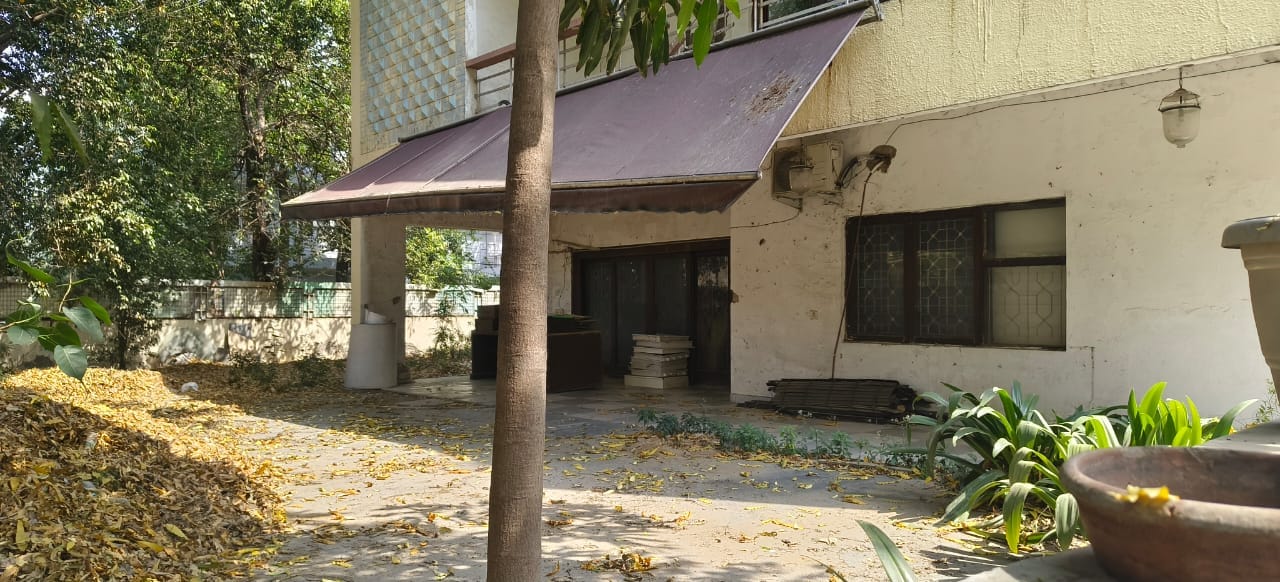
The ED also identified common directors, shareholders, and registered addresses among the nearly 500 shell companies, which had no actual business operations and primarily held real estate assets in their names. On scrutinising the documents of these firms, obtained from the Ministry of Corporate Affairs (MCA), the ED found that a small number of Chartered Accountants had been handling the accounting of these firms.
Summoned for questioning last May last year, one of the CAs revealed he signed financial statements prepared by the Amtek Group, without conducting an audit of nearly 151 firms between 2018 and 2022.
The first CA summoned by ED claimed he was pulled into this web by another CA, who in turn, confirmed poor auditing of Amtek Group firms, along with handing investigators a list of 109 companies. Two more CAs submitted lists of 55 and 51 separate entities respectively for which they signed financial statements, without verifying stocks and inventories.
The ED has alleged that Arvind Dham, to exercise control over these shell companies, opened firms in the names of his drivers, office assistants, and other low-rung employees of his firms. A Class 12-pass office assistant was made director in as many as 87 firms, followed by a Class 10-pass mechanic named director of 37 firms, and a Class 9-pass driver made the director of 24 companies. The most educated of them all—an accounts manager—was made the director of seven firms, the ED found in its probe.
ThePrint reached Dham’s counsels who refused to comment, saying the matter is sub judice.
On its part, IDBI bank lodged a fresh complaint against Arvind Dham, Gautam Malhotra, and Sowmya Narayanan Rajagopalan, as well as unidentified public servants, for causing the bank losses amounting to Rs 446.97 crore by allegedly manipulating accounts of Amtek Group firm Metalyst Forgings. Based on this complaint, CBI booked Dham and the other accused on 30 July this year. Rajagopalan is former director and CEO of Metalyst Forgings.
Earlier this month, Delhi High Court rejected the bail plea of Arvind Dham, who was arrested by the ED last year. In December, the court also rejected his plea to declare his arrest by the anti-money laundering agency illegal.
“In conclusion, this Court finds that the allegations against the applicant pertain to an economic offence of exceptional magnitude, involving complex, deliberate, and sustained criminal conduct causing grave loss to public sector banks. Such offences erode the fabric of economic governance and public trust and cannot be taken lightly,” Justice Ravinder Dudeja of the Delhi HC observed in his 19 August judgment.
Also Read: CISF suspends 5 personnel who carried out fake I-T raid at woman’s home & took away cash, jewellery
Dham & family’s cross-ownerships of shell firms
In its submissions to a special PMLA court, the ED presented an exhaustive assessment of the ownership of these shell companies. Arvind Dham first used first them to divert loan funds, and later to acquire real estate assets, it alleged.
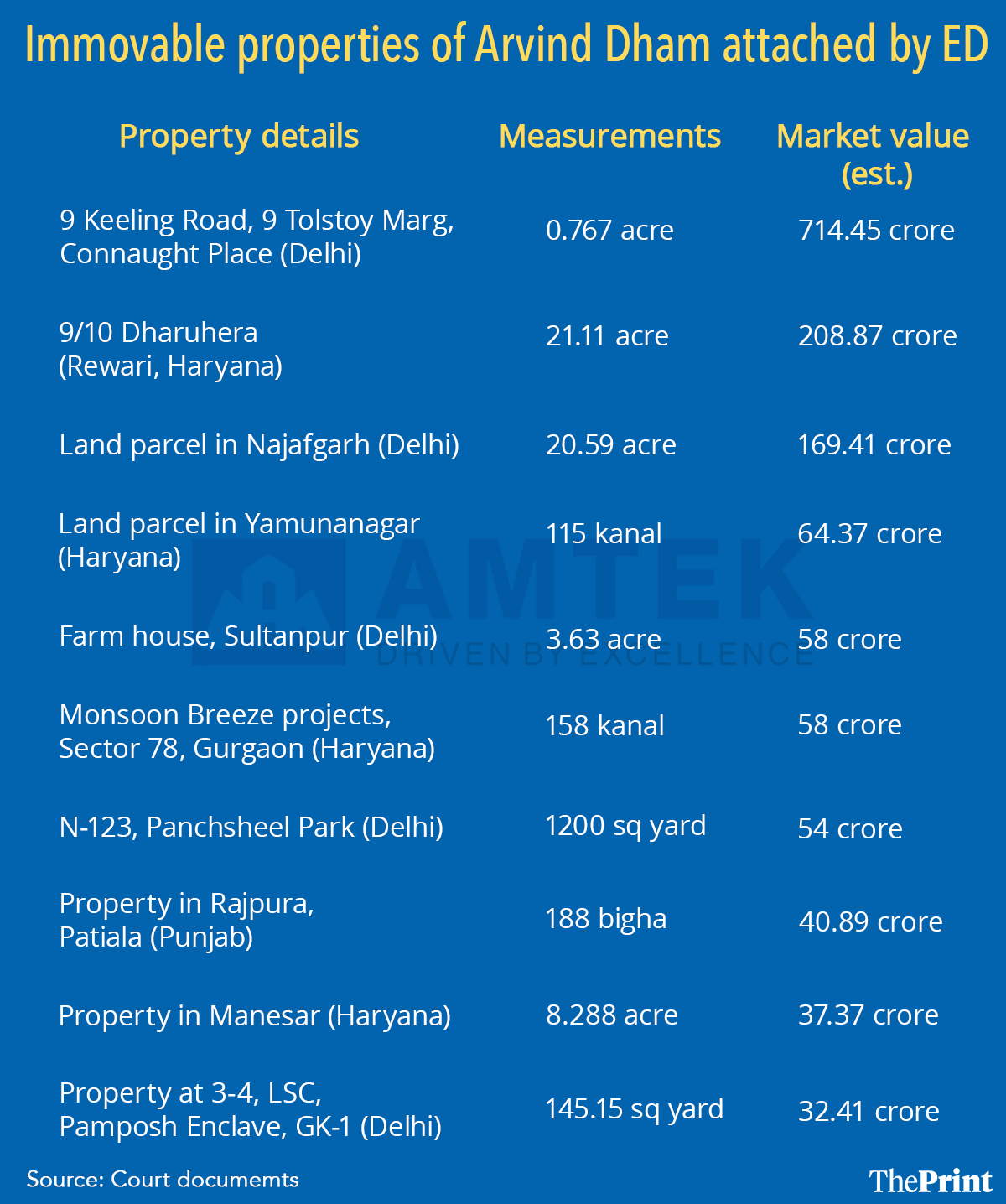
The agency alleged that one of the firms, Quality Enabled Remote Solutions, is controlled entirely by three stakeholders—Anita Dham, Anjali Malhotra, and Yashna Family Trust that Arvind Dham’s son, Anubhav Dham, had been managing. Anubhav Dham also controls the popular coffee chain named Barista Coffee as managing director.
Quality Enabled Remote Solutions held significant stakes in at least eight companies, which held high-value real estate assets. The ED sees this as Arvind Dham exercising indirect control over all the real estate assets linked to these eight companies.
Similarly, Allders Khanna International, controlled directly by Anubhav Dham and Anita Dham, according to the ED, holds significant stakes in at least 12 companies allegedly used by Arvind Dham for the acquisition of real estate assets.
Quality Enabled Remote Solutions and Allders Khanna together control 99.98 percent of another firm, Alconic Holdings, which in turn, held stakes in seven shell companies.
Similarly, Dolphin Realtors, controlled entirely by Quality Enabled Remote Solutions, along with its owners and Allders Khanna, held direct shares in nine companies and indirect shares in one company.
The ED also identified Quality Enabled Remote Solutions, Allders Khanna, and Dolphin Realtors as shareholders of the shell company Allianz International. Together, they held 80 percent of the shares of Allianz International, which in turn, had significant shareholdings in seven other firms, according to documents obtained and scrutinised by the ED.
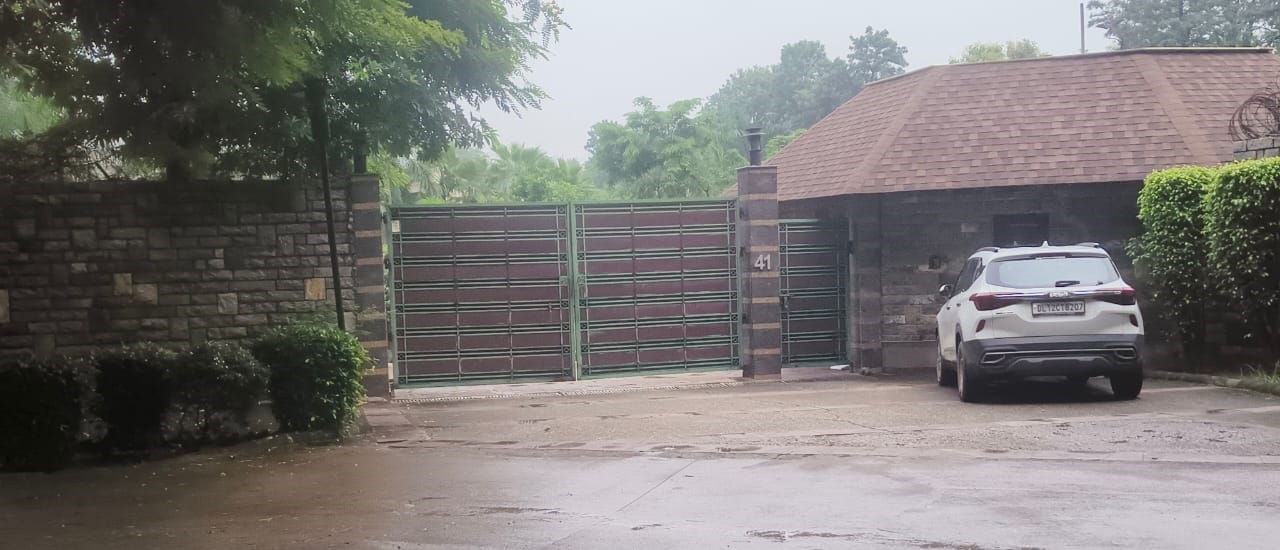
The three firms—Allders Khanna, Alconic Holdings, and Allianz International—together held 100 percent of the stakes in another firm, Yash Machine Pvt Ltd. In turn, Yash Machine held 100 percent of the stakes in Dwarka Investment, which was allegedly used as a special purpose vehicle by Arvind Dham for fund diversions.
Yash Machine also had stakes in real estate holding firms.
Another shell company identified by the ED is Independent Infra Projects. The agency said Independent Infra Projects held four properties in upscale locations, such as Greater Kailash 1 and Kasturba Gandhi Marg in Delhi, along with a 24,078 square foot area in Faridabad’s Destination Mall, and one property in Rajasthan’s Alwar district.
During its scrutiny, the ED found that Arvind Dham and his family members controlled Phenom Developers Pvt Ltd and Aman Ashiyana Makers via a network of companies. These two firms, in turn, owned Independent Infra Projects. The ED also found that Aman Ashiyana Makers, along with other significant shareholders indirectly controlled by Arvind Dham and his family members, held a 19.72 percent stake in Phenom Developers.
By September last year, the agency had unearthed 85 immovable properties worth Rs 2,674.75 crore, along with shares worth approximately Rs 2,353.46 crore, and direct proceeds of crime in the form of debentures amounting to Rs 87 crore, attaching them as part of proceedings against Arvind Dham and others under the provisions of the Prevention of Money Laundering Act, 2002.
All five flagship companies of the Amtek Group—Amtek Auto, ARGL, ACIL, Castex Technologies, and Metalysts Forgings—have entered insolvency proceedings, approved by the National Company Law Tribunal (NCLT), with a haircut of more than 80 percent, amounting to Rs 21,588.02 crore. Arvind Dham, in his individual capacity, has also undergone personal insolvency proceedings initiated by a group of 23 financial creditors with claims of Rs 38,760 crores, for which he offered a mere Rs 35 crore.
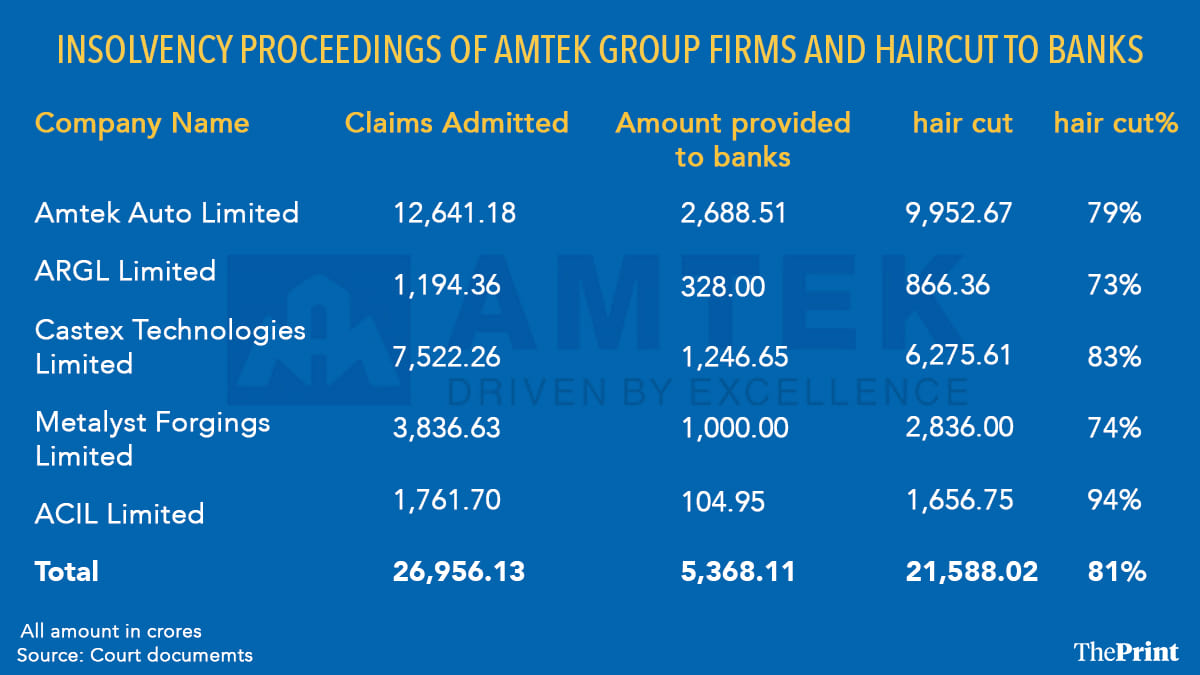
Also Read: Why HC quashed CBI case against TN minister’s family firm that sought bank loan through ‘deception’
IDBI—the elephant in the room
During its investigation into the alleged diversions of loan funds, the ED found an interesting pattern—almost all the funds diverted from the five flagship companies of the Amtek Group were siphoned off from the bank accounts of these firms in IDBI Bank.
Digging deeper, the ED found the bank had been disbursing large loans to the Amtek Group, with a significant portion of the loans offered between 2010 and 2013. During that period, Rajender Mohan Malla was the managing director at the IDBI Bank.
According to the ED, Malla and his family members owned three firms, earlier controlled by Amtek Group companies. The agency also found that shares of the three firms—Sakaleshwar Buildcon, Vashikaran Real Estates, and Adonis Buildprop—were transferred to Malla and his family members. Shares of Sakaleshwar Buildcon were transferred in FY2016-17, Vashikaran Real Estates in FY2017-18 and Adonis Buildprop in FY2020-21.
Malla and his family also bought shares of Sakaleshwar Buildcon at nearly one-third of their value, the ED alleged.
Scrutinising MCA documents, the ED also found that Malla had come to own 13.47 percent of the Sakaleshwar Buildcon stakes, his wife had come to own 12.57 percent, and their children a whopping 75 percent.
The ownership of Vashikaran Real Estates, a company holding properties worth more than Rs 20 crore, was also transferred in March 2016 to Malla’s relatives, the ED alleged.
Additionally, when the ED probed the accounts of Adonis Buildprop, it found that the company had sold an immovable property to Malla’s wife in FY 2020-21, allegedly, for free.
Adonis Buildprop sold the property to Malla’s wife, but the Rs 4.15 crore value was shown as a liability in her tax returns, indicating that she made no payment.
The ED summoned Malla for questioning and recorded his statements at least thrice in the last one year to investigate his role, suspecting the banker was key to the overall scheme, ThePrint has learnt.
Before the adjudicating authority in March, the ED presented all the documents of property transfers from the three firms (Sakaleshwar Buildcon, Vashikaran Real Estates, and Adonis Buildprop) earlier controlled by the Amtek Group to the Malla family as direct proceeds of crime. It also identified and attached six high-value properties, including in Delhi’s plush Defence Colony and Safdarjung Development Area, valued at Rs 31.23 crore.
When ThePrint reached Malla, he refuted the allegations against him and claimed the ED’s investigation as based on “twisted facts”.
“The ED investigation is based on twisted facts, and the transactions were done much after my retirement, and entire payments have been made,” he said in an email response, claiming the ED is trying to attach some of his properties, labelling them as proceeds of crime, despite no connection with the Amtek Group and their practices. He also said he did not sanction loans to Amtek Group companies in his individual capacity as CMD of IDBI Bank. “The ED investigation is based on twisted facts, and the transactions were done much after my retirement and entire payments have been made,” he said.
Adding, “ED by abusing the law and in violation of S.22(1)(ii) provisions of PMLA,2002 as maliciously and illegally trying to provisionally attach some of the family properties by wrongly assuming that the same are proceeds of crime even though me or my family members have no relation to the group, or any of illegality alleged by the ED with respect to the Amtek group of companies.”
He also told ThePrint, “It is a matter of fact that while I was the CMD of IDBI bank during (2010-13), I did not sanction any loan to the group in my individual delegated authority. It is without any evidence, and that too, a violation of provision u/S.22(ii), the ED is acting illegally to provisionally attach the family properties. It appears that ED, in gross abuse of law is maliciously trying to suggest action by violating section 22(1)11 of PMLA. ED appears to be violating the contents of the documents and wrongly imputing motives.”
Malla further claimed that ED’s provisional attachment orders would be challenged.
Earlier in April, CBI had filed one more FIR against Amtek Auto on a complaint of IDBI Bank, which alleged that Dham and other former office-bearers of the firm caused a loss of Rs 1,848.78 crore to IDBI Bank. In total, CBI has registered three FIRs against Dham and other former office-bearers of Amtek Group firms based on complaints from IDBI Bank.
Also Read: Fugitive businesswoman accused in 2002 import-export fraud case extradited from US after 2 decades
Fraud not limited to Indian banks or investors
Arvind Dham was never shy about his ambitions to become a global player in the auto components industry—probably, one of the reasons he spent a whopping $90 million to acquire 10 companies, including those in the US and Europe, in the company’s heyday.
In line with his overseas expansion, Arvind Dham floated Foreign Currency Convertible Bonds (FCCBs) in 2012 to attract overseas investors. FCCBs are instruments used by companies operating in multiple countries to raise capital in foreign currencies. Employed by firms for expansion or to gain access to new markets, these instruments are issued in the currencies of countries where interest rates are lower than in the firms’ home country.
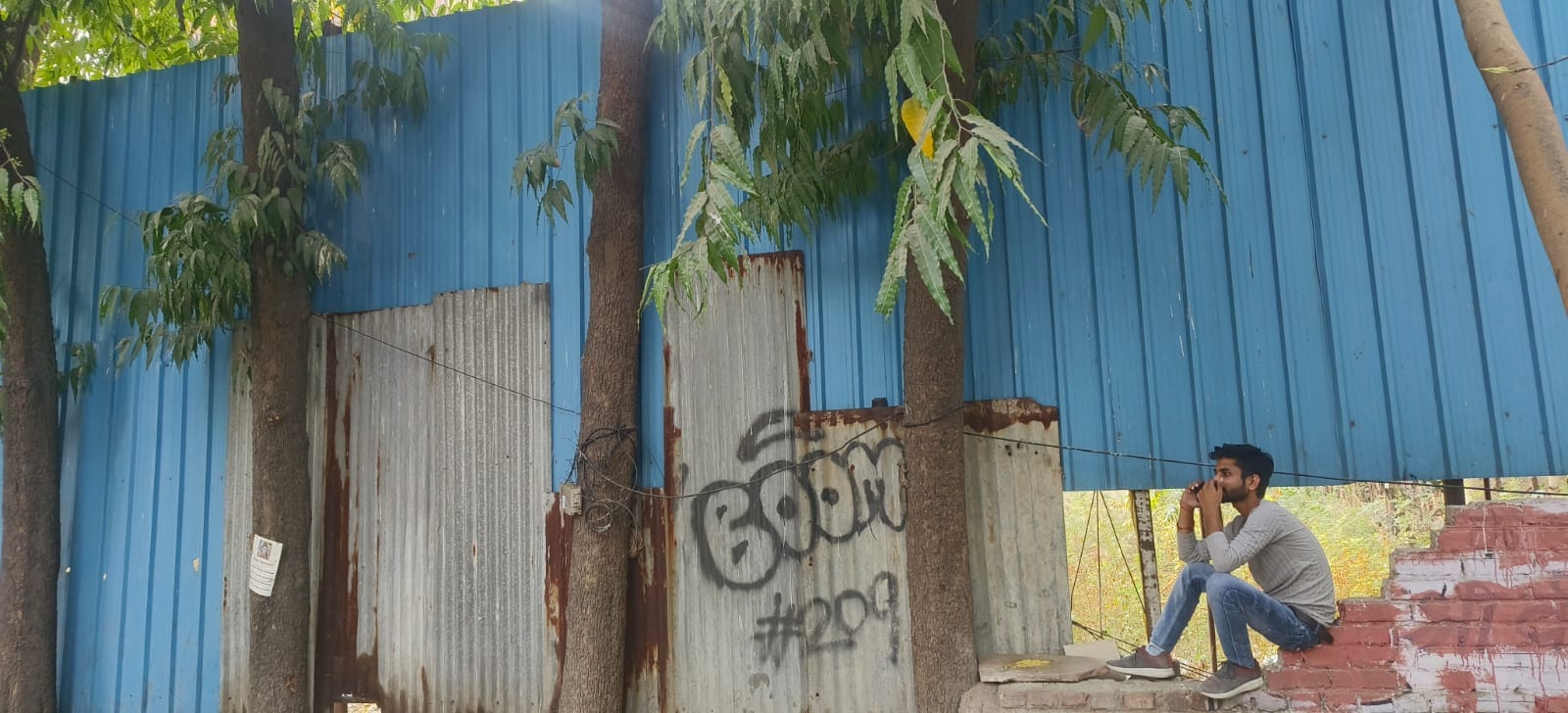
Multiple foreign investors, the ED found, filed complaints with the Securities and Exchange Board of India (SEBI) and the Reserve Bank of India (RBI) alleging that they were cheated by Castex Technologies Ltd (CTL), which was earlier Amtek India Ltd.
CTL first raised $130 million through bonds in 2012, with a maturity period of five years and one day, a six percent coupon rate, and payable in instalments, semi-annually. The firm issued the FCCBs with a mandatory clause, allowing the company to enforce conversion into equity if the share price remained above Rs 160 for one month, as the shares hovered between Rs 100 and Rs 107 during the entire FCCB period.
Again, the firm raised $70 million the same year, with bonds convertible at the initial conversion price—Rs 103.005 per equity share—as well as a five-year maturity period, a 2.5 percent coupon rate, and payable in instalments, semi-annually.
Generally, firms continue to pay interest on these bonds to avoid the conversion of debt into equity, thereby maintaining control over ownership. This process, however, was allegedly turned on its head by Amtek Group under Arvind Dham.
The Amtek Group started defaulting on loans, but with the banks’ knowledge, continued ever-greening its loans through fresh borrowings. Instead of bolstering business prospects, Arvind Dham used the fresh loans to artificially push up share prices and trigger the conversion of debt into equity, according to the terms of the FCCBs, the ED alleged.
The agency in its probe found that the CTL shares saw a massive jump from Rs 34 in March 2015 to nearly Rs 360 in July 2015, triggering redemption of the FCCBs, worth at least $80.8 million, out of the $130 million, and $56.6 million, out of the $70 million, of the two tranches of FCCBs issued. And, this allowed Arvind Dham and his firms to avoid interest payments to foreign investors. However, when foreign investors tried to sell their converted shares, the CTL share price crashed, causing them heavy losses.
At the time, multiple FCCB holders complained to SEBI and RBI about possible share rigging. In its investigation, the ED found some suspicious outflow of funds from the Amtek Group of companies, one year before and one year after the alleged share rigging period.
The ED identified firms, including Goldstone Trading and Realstone Trading, which received over Rs 66 crore from the Amtek Group of companies between 2019 and 2024, despite the latter going into insolvency.
According to the agency, in March 2015, Amtek Auto Limited sold its shares in Metalyst Forgings to several entities through off-market deals totalling Rs 12 crore, without much consideration.
The ED alleged that the money trail shows Amtek Group companies advanced crores to operators, with the funds then cycled back into trading Amtek-linked shares. For instance, Atambhu Buildwell transferred Rs 5.18 crore to Goldstone, which, in turn, passed it on to Black Hawk Properties, which then bought shares of Adhbhut Infrastructure from promoter Anubhav Dham—a transaction flagged by ED as an insider deal.
The ED said sharp inflation of CTL share price in 2015, at a time when the Amtek Group was already struggling to meet its financial liabilities in banks and financial institutions, was a rigged operation, causing foreign investors losses amounting to Rs 1,000 crore.
(Edited by Madhurita Goswami)
Also Read: ‘Mujhe EMI bharna hai’—how voice tech is bringing millions of Indians into banking system



